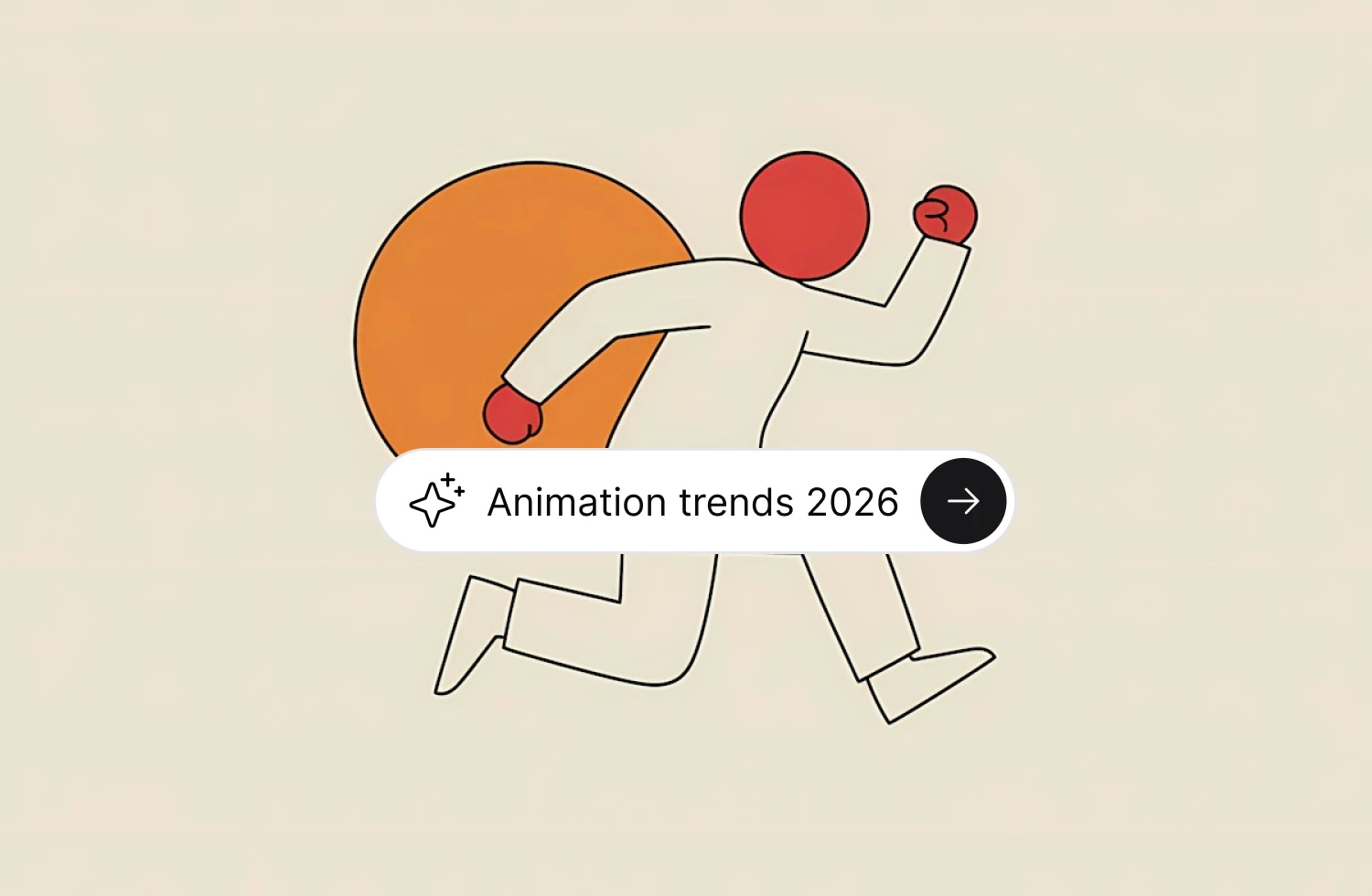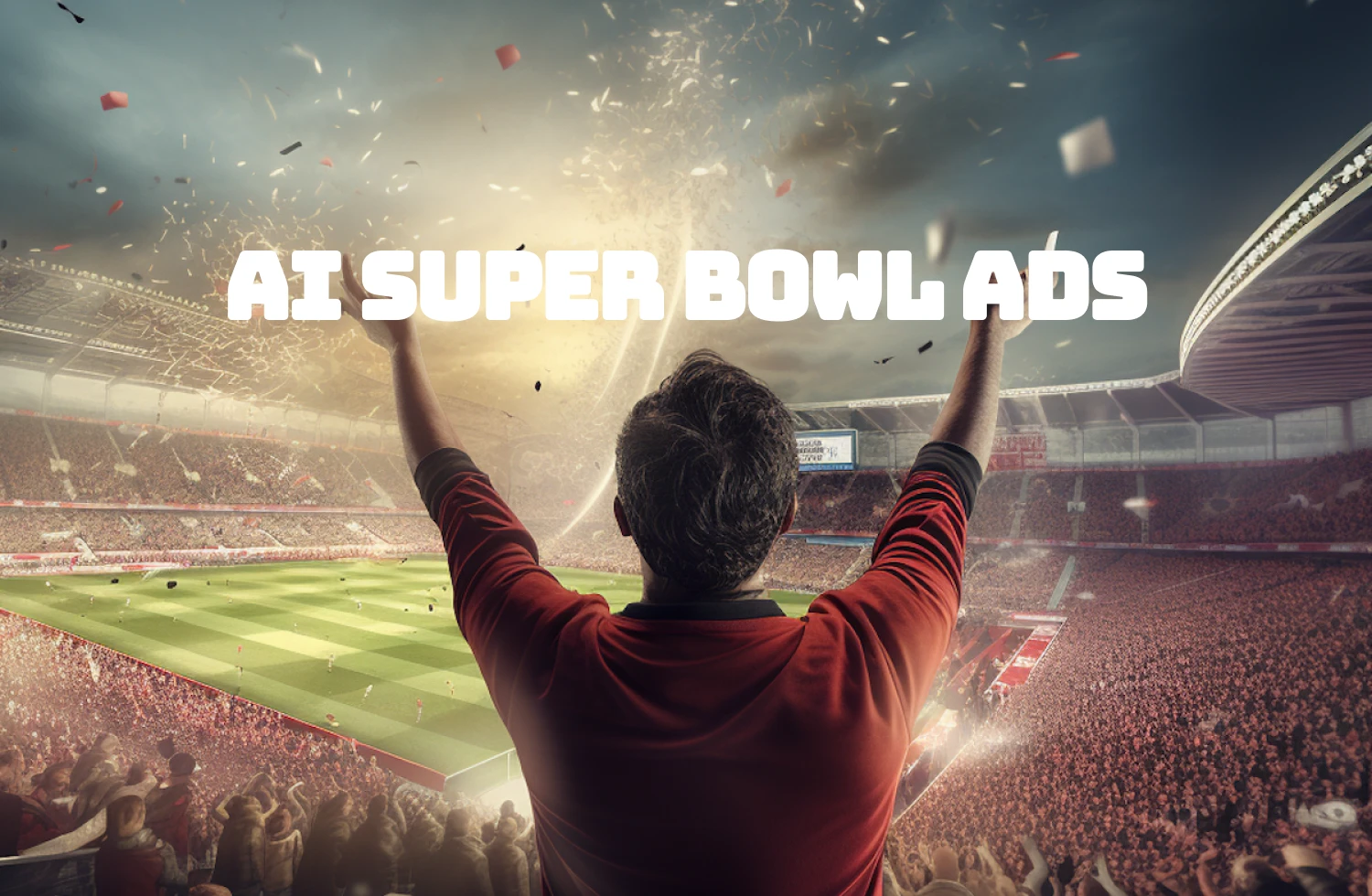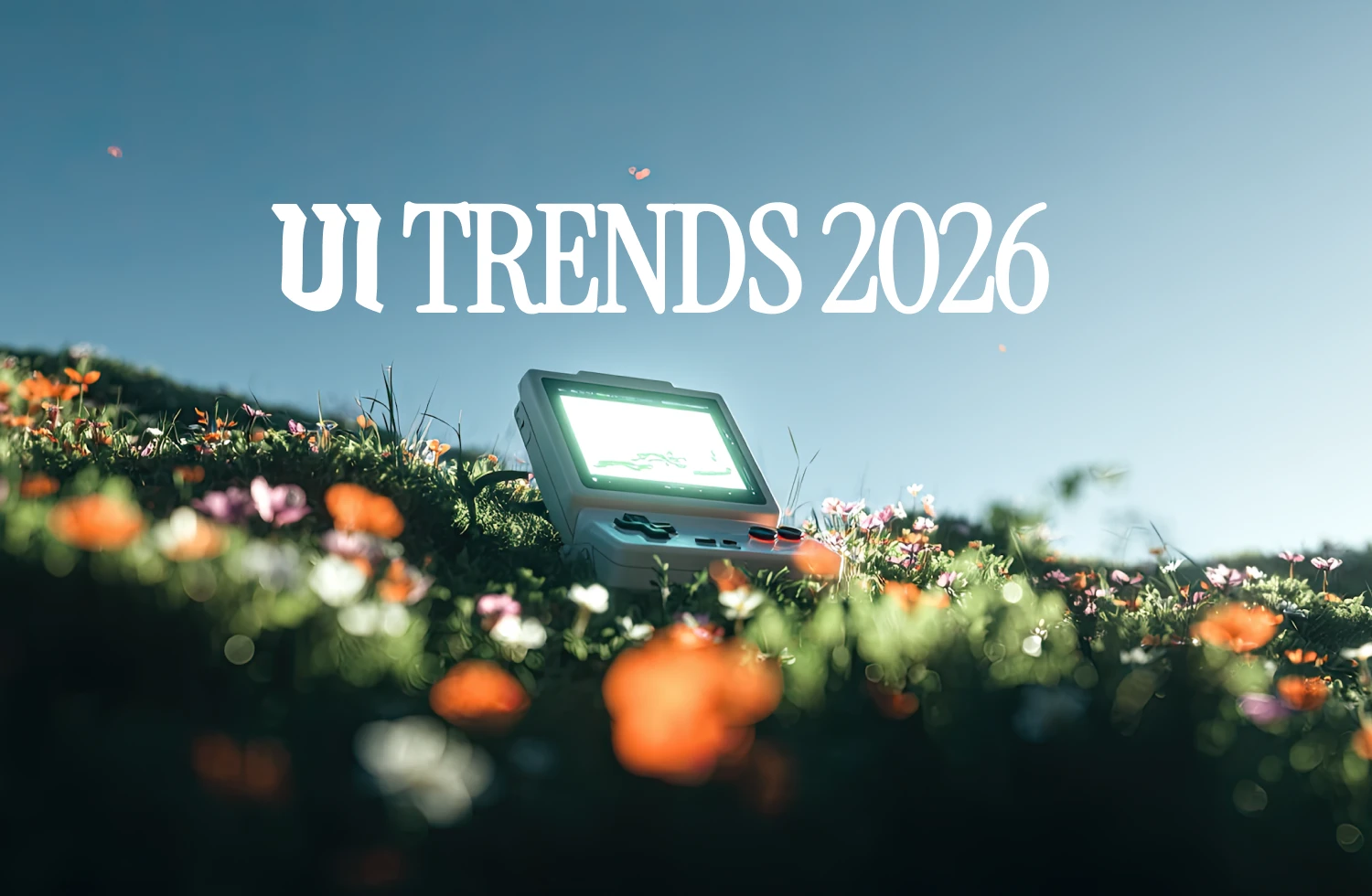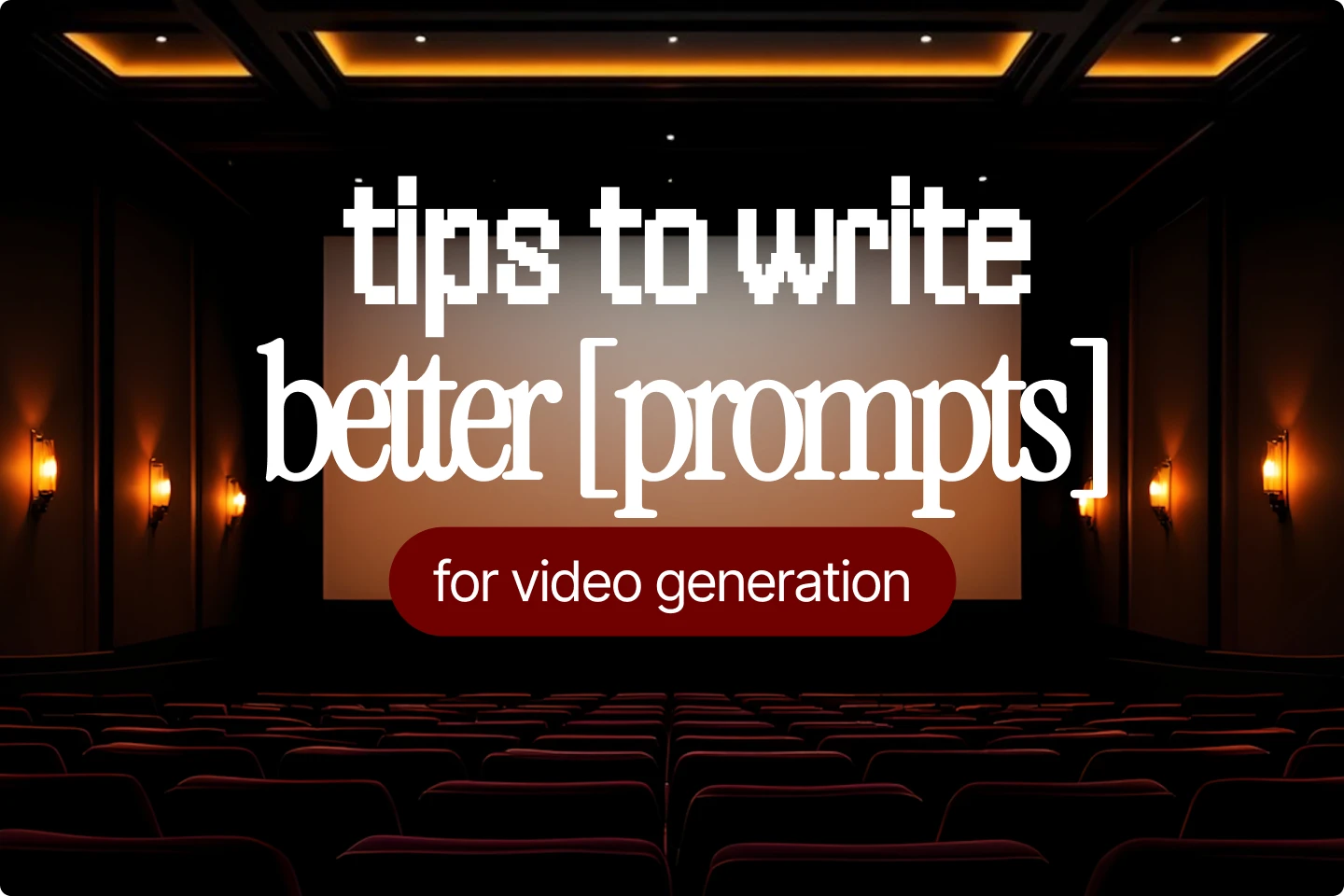AI's not-so-quiet takeover of brand strategy


We did an investigation into machine-crafted branding and why human nuance still matters. Here's what we found about AI in branding.
One of my good friends is the Global Group Creative Director at one of the world's largest creative advertising agencies. He has a sharp eye for trends, impeccable taste, and brutally unfiltered opinions that he never holds back on sharing. If he thinks something sucks, he'll tell you, often with the kind of directness that makes everyone else in the room shift uncomfortably.
So when I asked him what he thinks about using AI for branding campaigns (AI-generated copy, AI images, strategy, all of it) his reply was swift and unapologetic:
"Absolutely not. Always human-made. I don't want to see any of that bad AI trash in an ad campaign."
I respect his opinion. Honestly, I even agreed with it not too long ago. But I couldn't help wondering just how many of his peers in leadership roles shared that same perspective. Because somewhere in the distance — or not that distant, depending on your industry — some brands are leaning all the way in. Nike and Coca-Cola have already gone public with campaigns crafted largely with the help of AI.
So while some creative directors are saying "never," some C-suite big shots are saying "Right now!"
The truth is, AI isn't a futuristic concept for brand strategy. It's already here, and it’s playing a larger role
What is AI really doing in branding?
To the outsider, branding might look like logos, taglines, and style guides. But the work of brand strategy is about building meaning. It's psychology, cultural awareness, and pattern recognition. Brand strategy is about figuring out not only how people see your company, but also how they genuinely feel about it.
And AI? Well, it's starting to become very good at understanding those feelings.
Large language models and generative algorithms can now scrape millions of data points, sentiment analyses, and competitor campaigns to tell you, with pretty decent accuracy, what your brand means to people, what it could mean, and what cultural whitespace is still available.
In other words, AI is now a key part of the brand building process.
While the public mostly sees the glossy end results like an AI-generated Nike ad, a surreal Coca-Cola animation, or a weirdly hyper-personalized Spotify email. But the real action is happening far earlier in the process. Creative briefs, positioning statements, content calendars, audience segmentation: AI is helping build the architecture that guides the entire identity of a brand.
How many companies are actually using AI in advertising and branding?
According to a MarTech summary, 88% of marketers say their organizations are already using AI tools regularly. A majority use AI for content generation, data analysis, developing marketing strategies, customer segmentation, and campaign testing. But a fast-growing subset of companies are integrating AI not just for delivering marketing campaigns, but for developing brand messaging and identity systems.
But the statistics are just part of the story: how many marketing directors and c-suite executives are using AI not as a productivity tool, but as a thinking partner? The answer is more and more each day.
We're not just talking about leveraging AI to A/B test headlines or write SEO blog drafts anymore. For more and more brands and creatives alike, it's essential for every aspect of creating a brand that can survive in a competitive and evolving landscape.
Branding vs. advertising: why this distinction matters
While they appear similar, and there is plenty of overlap, branding and advertising are not the same, and it’s important to understand why.
Advertising is often seen as a louder “delivery vehicle” for a message, where as branding is the longer-term narrative that builds trust, meaning, and connection over time.
That's why the role of AI in branding is even more significant. If AI starts shaping not just the content of an ad, but the values a brand wants to communicate, then we're seeing a shift in creative production and also redefining authorship.
Who decides what a brand stands for? Traditionally, that's been a human exercise. Brand strategists meet with founders, product designers, cultural consultants. They ask messy questions like, "What does our brand believe?" and "What kind of world are we helping to build?"
But AI — even without consciousness — is learning how to simulate these conversations. It can analyze audience reactions, compare ethical positions across industries, and generate high-level messaging frameworks in minutes.
This may not seem like a big deal to some, but when brand strategy becomes a product of predictive logic rather than a unique human point of view, something essential is lost.
What we can learn from brands using AI
Nike and Coca-Cola might grab the headlines, but other brands have quietly explored how AI can shape strategy in more creative ways. One of the most clever examples came from Heinz. The brand ran a campaign where they asked AI to generate images of “ketchup.” The results, almost without exception, resembled a Heinz bottle, even when the prompts were abstract or surreal.
This unexpected consistency became the entire point of the campaign. Without prompting it to do so, AI had effectively confirmed what the world already believed: when people picture ketchup, they picture Heinz. It was a smart, self-aware move that used AI not to invent something new, but to validate the brand’s iconic status in culture.
The takeaway here isn’t that AI makes branding better by default. What Heinz demonstrated is that AI works best when it amplifies something that’s already true about a brand. It reflected the identity, rather than defining it. And that distinction is everything. Companies that use AI to clarify who they already are tend to come across as more authentic. The ones that rely on AI to figure out what they stand for often end up forgettable.
Human nuance matters more than ever
Here's where I return to my friend, the Creative Director. He's wrong about one thing: AI isn't just "crap." But he's absolutely right about something deeper. There's still a level of cultural sensitivity, emotional intelligence, and visionary thinking that AI cannot replicate.
AI doesn't understand context in the way humans do. It can't sit in a meeting and feel the tension in the room. It can't sense when a brand is overreaching, or when a message sounds hollow. And it certainly can't offer a gut-level insight that turns into a movement.
Great brands are not built on insights alone. Instead, they're built on beliefs that are learned through thousands of very real human interactions.
A machine can tell you what's trending. It can even mimic what "authenticity" sounds like. But it can't believe in anything. That belief — that sense of purpose — is still a human art.
The future of branding is hybrid
We're entering a new era. The best brand strategies won't come from people who reject AI, nor from those who surrender to it entirely. The winners will be the ones who understand how to collaborate with it.
In this future, AI becomes a kind of strategic intern: tireless, fast, good at surfacing information. But the vision still comes from human leadership. The soul of a brand cannot be automated.
Already, we're seeing creative firms shift their workflows. There's less pressure to "start from scratch" and more emphasis on "start with AI, end with intention."
Junior strategists are being trained to prompt AI tools before they present to clients. Creative directors are rewriting AI-generated manifestos. CMOs are treating AI outputs like raw clay.
If this feels like a loss of artistry, it shouldn't. Every tool has changed how we work, and AI is simply the next leap.
Best AI productivity tools






